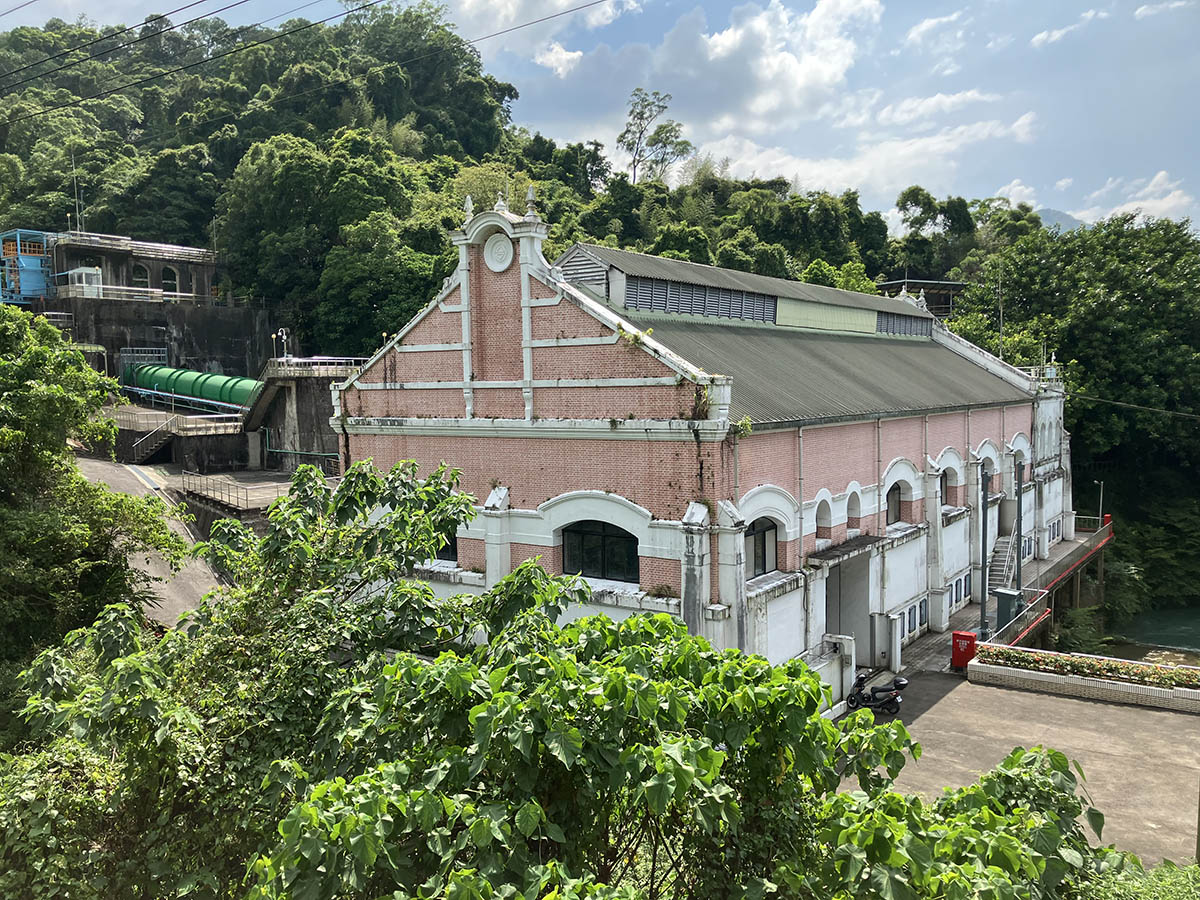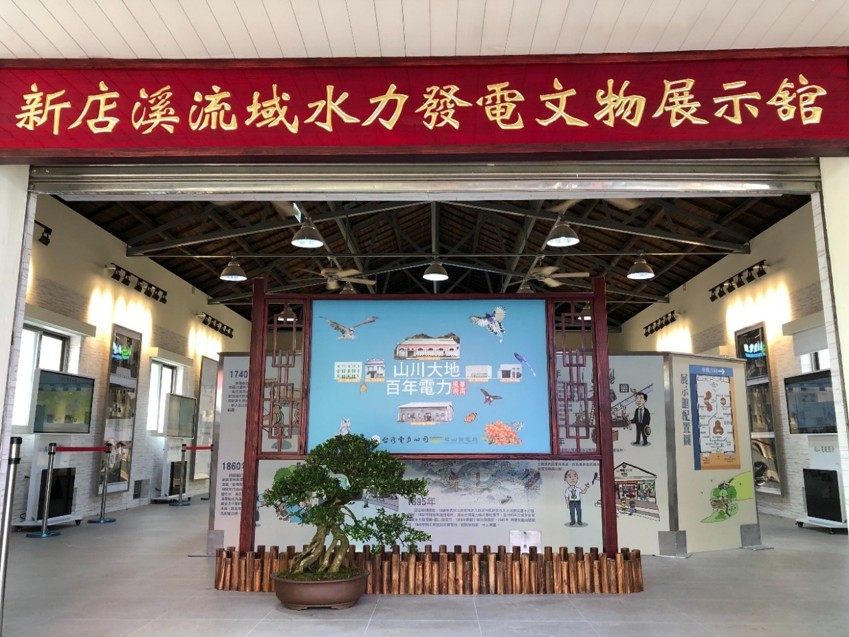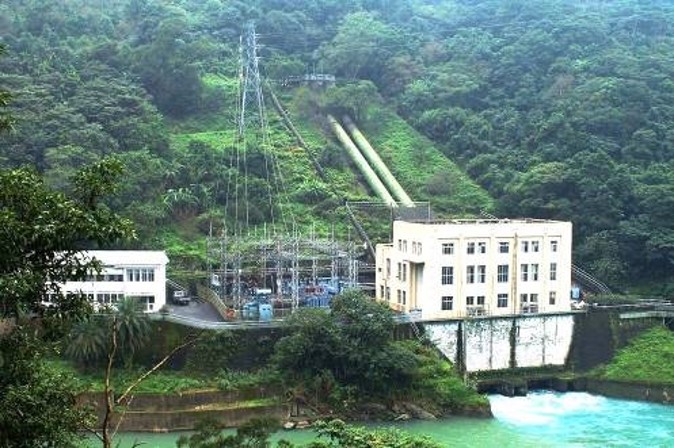2025 IERE-TPC Taipei Net-Zero Workshop
In-Person Event
Taipei, Taiwan
May 26–29, 2025
蔡朝銘 攝
Photograph by Cai, Chao-Ming
© Copyright Cai, Chao-Ming. All rights reserved.
In-Person Event
Taipei, Taiwan
May 26–29, 2025
蔡朝銘 攝
Photograph by Cai, Chao-Ming
© Copyright Cai, Chao-Ming. All rights reserved.
Abstracts and Presentation Slides can be downloaded here. (ID/Password is required. Only Participants and IERE members) Items not yet posted will be uploaded as they become available.
| Keynote | » Abstracts | » Presentation Slides |
|---|---|---|
| Special Session | » Abstracts | » Presentation Slides |
| Session 1 | » Abstracts | » Presentation Slides |
| Session 2 | » Abstracts | » Presentation Slides |
| Session 3 | » Abstracts | » Presentation Slides |
Monday, May 26, 2025
Registration and Welcome Reception (In the evening)
Tuesday, May 27, 2025
2025 IERE-TPC Taipei Net-Zero Workshop (Day 1)
Wednesday, May 28, 2025
2025 IERE-TPC Taipei Net-Zero Workshop (Day 2)
Thursday, May 29, 2025
Please note that the session structure and list of speakers are subject to change based on submitted contributions. Technical Sessions 2 and 3 have been swapped for scheduling purposes; however, the session content remains unchanged. Technical Session 5 has also been canceled due to a lack of presentation applications.
| Opening Address |
Munib AMIN (IERE Chair) |
|---|---|
| Welcome Speech | Nien-Mien CHUNG (General Manager, Taiwan Power Research Institute, TPC, Taiwan) |
| Keynote Speeches | SHIBATA Yoshiaki (Senior Research Director, Clean Energy Unit, The Institute of Energy Economics, Japan) |
| Shiu-Wu CHAU (Professor and Department Chair of Engineering Science and Ocean Engineering, National Taiwan University, Taiwan) | |
| Chan-Nan LU (Professor of Electrical Engineering Department, National Sun Yat-sen University, Taiwan) | |
| Chih-Sheng CHANG (Deputy General Manager, Taiwan Power Research Institute, Taiwan) |
| Theme: Towards Net-Zero: Strategies and Innovations in the Power Industry |
| Session 1 Innovations in Low-Carbon Technologies |
As the global shift towards net-zero intensifies, low-carbon technology innovation is pivotal in driving the energy sector forward. This session highlights advancements in carbon capture and storage (CCS), hydrogen and ammonia power generation, and the integration of renewable energy sources like geothermal, wind, and solar energy. Potential topics include:
|
|---|---|
| Session 2 Smart Energy Management and Optimization |
Efficient energy management is crucial for maximizing the use of available resources. This session explores smart grid technologies, energy efficiency practices, and demand response, including the role of advanced energy management systems (xEMS), predictive analytics, and virtual power plants (VPP) in optimizing energy distribution. Potential topics include:
|
| Theme: Featured Company Overviews, Strategies, and Roadmaps etc. |
| Munib AMIN (E.ON, Germany) |
| Hsiao-Wei CHEN (Director of R&D Planning Office, Taiwan Power Research Institute, Taiwan) |
| Ingo BIRNKRAUT (Director Strategic Development, Strategic Development Department, RWE Generation SE, Germany) |
| Session 3 Resilience and Stability of Power Systems under Extreme Climate Conditions |
Increasingly frequent extreme weather events challenge power systems, requiring new approaches to ensure resilience and stability. This session focuses on strategies for enhancing grid resilience and system stability, including disaster recovery and the use of advanced energy storage systems and distributed energy resources. Potential topics include:
|
Session 4 Environmental Sustainability Practices in the Power Industry(Canceled) |
To reduce the environmental impact of power generation, this session covers key sustainability topics such as circular economy principles, sustainable supply chain management, waste-to-energy initiatives, and the adoption of green energy policies and practices to minimize the industry’s carbon footprint. Potential topics include:
|
|---|---|
| Session 5 Digital Transformation and AI Applications in Power Systems (Canceled) |
This session explores how digital technologies—including AI analytics, digital twin technology, IoT, automation, and advanced telecommunications and robotics—are transforming the power industry to enhance efficiency and optimize operations. Potential topics include:
|
| Nien-Mien CHUNG (General Manager, Taiwan Power Research Institute, TPC, Taiwan) |
| TAKEI Katsuhito (Secretary General, IERE) |
Xiaochukeng Power Plant
The Xiaochukeng Hydroelectric Power Plant, completed in 1909, is the oldest existing hydroelectric power plant in Taiwan. Although the turbines were updated in 1991, the original three waterwheel generators have been preserved as part of the cultural heritage, witnessing the history of electricity development in Taiwan.

Xindian River Basin Hydropower Heritage Museum
The highlight of the museum is a collection of nearly 30 tools and handwritten documents used in power plants during the 1950s and 1960s. For example, there is a duty log from 1953 written by the operators of the Wulai Power Plant, who endured the sweltering environment and high-decibel noise from the machines. This log records daily weather, dispatch communications, and power generation data. Additionally, when the Wulai Power Plant acquired its second unit in 1954 with support from U.S. aid funds, a handwritten installation log was also preserved. Another notable item is a vinyl record recorded by the fifth director of the Wulai Power Plant, Ye Shanxun, who returned from studying in the United States in 1967 and used his spare time to teach English to the staff.

Gueishan Power Plant
Built in 1941 during the Japanese colonial period, the Gueishan Power Plant was originally known as the New Guishan Power Plant. After the Nationalist government took over Taiwan, it was renamed the Gueishan Power Plant. Today, it serves as the administrative center for five power plants under its jurisdiction and has been designated as a historical building by the New Taipei City Government.
